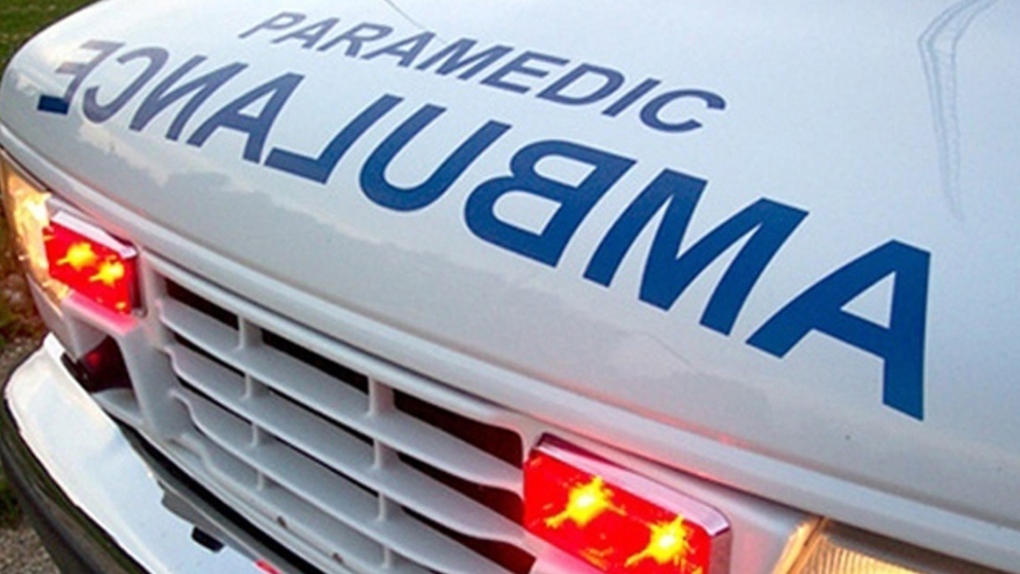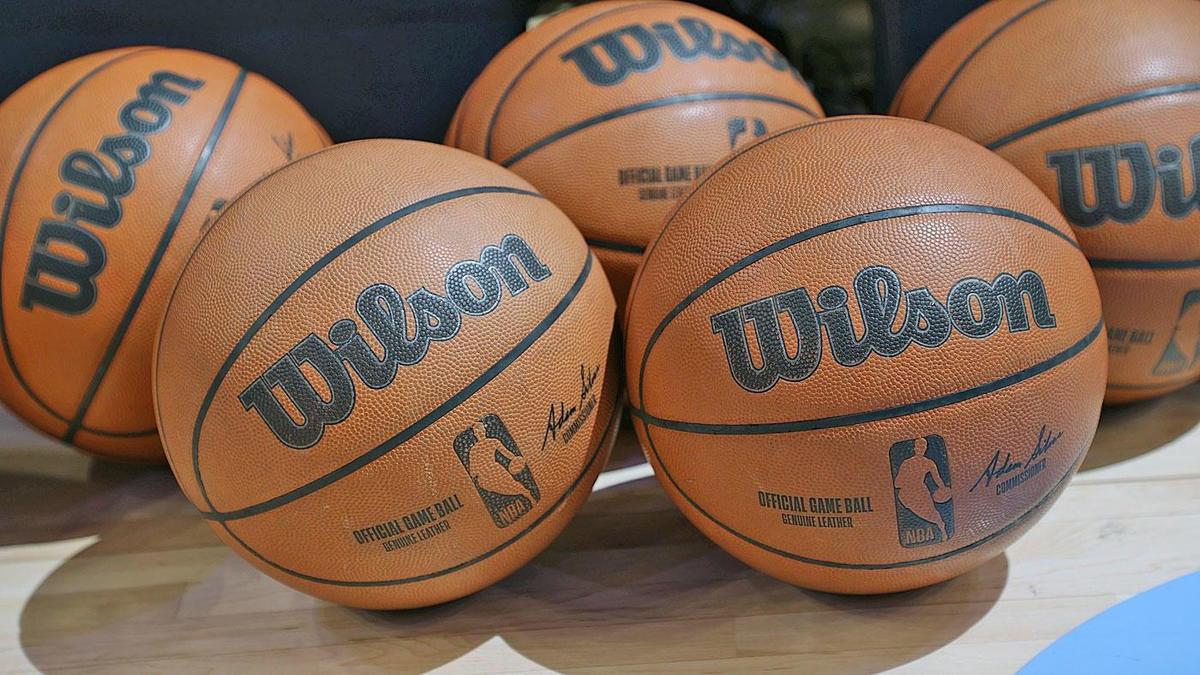Bussiness
Toronto small business forced to close after losing money to cheque fraud that TD couldn’t stop
Yashpal Dhaliwal, CEO of HD Group of Companies (which has since closed), on April 24. His company was the victim of cheque fraud in which workers would cash the same cheques multiple times.Fred Lum/The Globe and Mail
A Toronto staffing agency says it was forced to close its doors after losing hundreds of thousands of dollars to cheque fraud – and the former owners are asking why their bank was repeatedly unable to stop the scam from happening.
The case shows a form of fraud that a leading small-business group says is not uncommon and can be financially devastating.
Yashpal Dhaliwal and Lakhdeep Kaur, who formerly led the HD Group of Companies until it closed last year, say cheques they had issued were cashed multiple times, and sometimes amounts were modified with whiteout and still deposited.
Mr. Dhaliwal and Ms. Kaur say they worked with their financial institution, Toronto-Dominion Bank TD-T, for two years while the fraud continued. They were not satisfied with TD’s initial response and filed a lawsuit in 2022 for the alleged losses. The case has not yet been heard in court.
TD said in a statement of defence filed in court that the banking-services agreement signed by HD Group waives the bank of responsibility.
It all started in August of 2021, when Ms. Kaur – who was chief financial officer – was reviewing HD Group’s monthly bank statements and she noticed that a two-year-old cheque to a former temporary employee had been deposited.
“I’m like, why is a 2019 cheque clearing? This is 2021,” she said.
As a temp agency, HD Group worked for factories in the Greater Toronto Area to find and pay temporary workers. It routinely issued hundreds of cheques each week.
Ms. Kaur said she and her payroll team began combing through past bank statements and discovered other old cheques that had cleared. They tried to discover the source of the problem and concluded that some former workers had started repeatedly depositing cheques from as far back as 2017.
In one case, Ms. Kaur noted, a cheque had cleared despite a modified date of 2010 on it – years before HD Group’s bank account had even opened.
Ms. Kaur and Mr. Dhaliwal went to their bank, TD, looking for an explanation and help in stopping the fraudulent deposits.
Staff at the bank were not able to stop the deposits, they said, but tried to work with the small business on different strategies to get around the problem.
Direct deposit wouldn’t work, the agency said, because most of its work force would not be able to, or did not want to, provide banking information to set it up. (The nature of the temporary work force also meant that the workers moved a lot, changed phone numbers and were hard to track down.)
E-mail transfers were also difficult because if payment was accidentally sent to the wrong person, or if there was an error in the timesheets keeping track of hours, there was no recourse to reclaim money once it was deposited.
Then there was cash. TD helped connect HD Group with Garda, who would make weekly drop-offs of tens of thousands of dollars in payroll to the company’s north Toronto office. But Ms. Kaur said her staff quickly became nervous about having so much cash on-site without major investments in security.
“Resorting to cash, in this day and age, right now, is probably the most dangerous thing you can do,” she said.
They also worked with their TD branch manager to create a new bank account every six months. But that became a game of Whac-A-Mole as new cases of double-deposited cheques kept popping up.
Mr. Dhaliwal said they had an incident before the holidays where one individual repeatedly cashed the same cheques, with occasional modifications to the amounts, running up $25,000 in deposits in one week.
Ms. Kaur and Mr. Dhaliwal said they even tried going to the police with images of all the fraudulently deposited cheques, which were available through their TD online banking. But they said the police told them they couldn’t help without knowing precisely into which bank accounts the cheques were being deposited – information that TD would not provide to HD Group, citing privacy protections.
The statement of claim in the lawsuit alleges that TD failed to protect HD Group from the fraudulent activity and asks for $500,000 in damages because of breach of contract and negligence, $500,000 in damages for fraud, and $200,000 for aggravated damages.
TD spokesperson Erin Sufrin said the bank could not comment on this case because of privacy concerns and because the matter is before the courts. The bank recommended that business clients reconcile their transactions daily and report any anomalies immediately, as well as locking up any unissued cheques and switching to direct deposit for paying employees.
The bank’s statement of defence largely relies on the Business Banking and Services Agreement, or BBSA, that HD Group’s representatives signed to open a banking account as the reason why it is not responsible for damages.
“TD denies the BBSA included a term requiring TD to correct amounts charged to the Plaintiff’s TD accounts because of a forged or unauthorized endorsement of the payee of an instrument drawn on the Plaintiff’s TD accounts,” the statement of defence said.
Daniel Tsai, a lawyer and lecturer in law and business at University of Toronto and Toronto Metropolitan University, said that financial institutions are generally on the hook for compensating customers because of the Bills of Exchange Act. For example, a 2017 case at the Supreme Court, Teva Canada Ltd. v. TD Canada Trust and Bank of Nova Scotia, found banks liable for clearing fraudulent cheques.
However, that can change depending on the language of the agreement. “The issue here comes down to the banking agreement, even though there might be a statutory responsibility on the bank to be liable,” he said.
Dan Kelly, president of the Canadian Federation of Independent Business, said he has heard similar fraud stories from his members over the years. His group, which represents more than 95,000 small and medium-sized businesses, even sent a letter to the Canadian Bankers Association (CBA) in 2018 asking them to crack down on such fraud.
He said businesses should not be on the hook for damages in these cases, as the banks have resources and responsibilities to prevent fraud.
“If the banking systems can’t keep up, then the banking systems need to be improved,” Mr. Kelly said.
The CBA said anyone who feels that they are the victim of fraud should inform their financial institution, the police and the Canadian Anti-Fraud Centre.
The Canadian Anti-Fraud Centre did not respond to requests for comment.
Ultimately, Mr. Dhaliwal and Ms. Kaur decided to wind down HD Group, starting last July.
Mr. Dhaliwal said he is now trying to launch a new business, but he is still dealing with the enormous stress caused by the fraud problem.
“This issue, it just created a nightmare,” he said.










